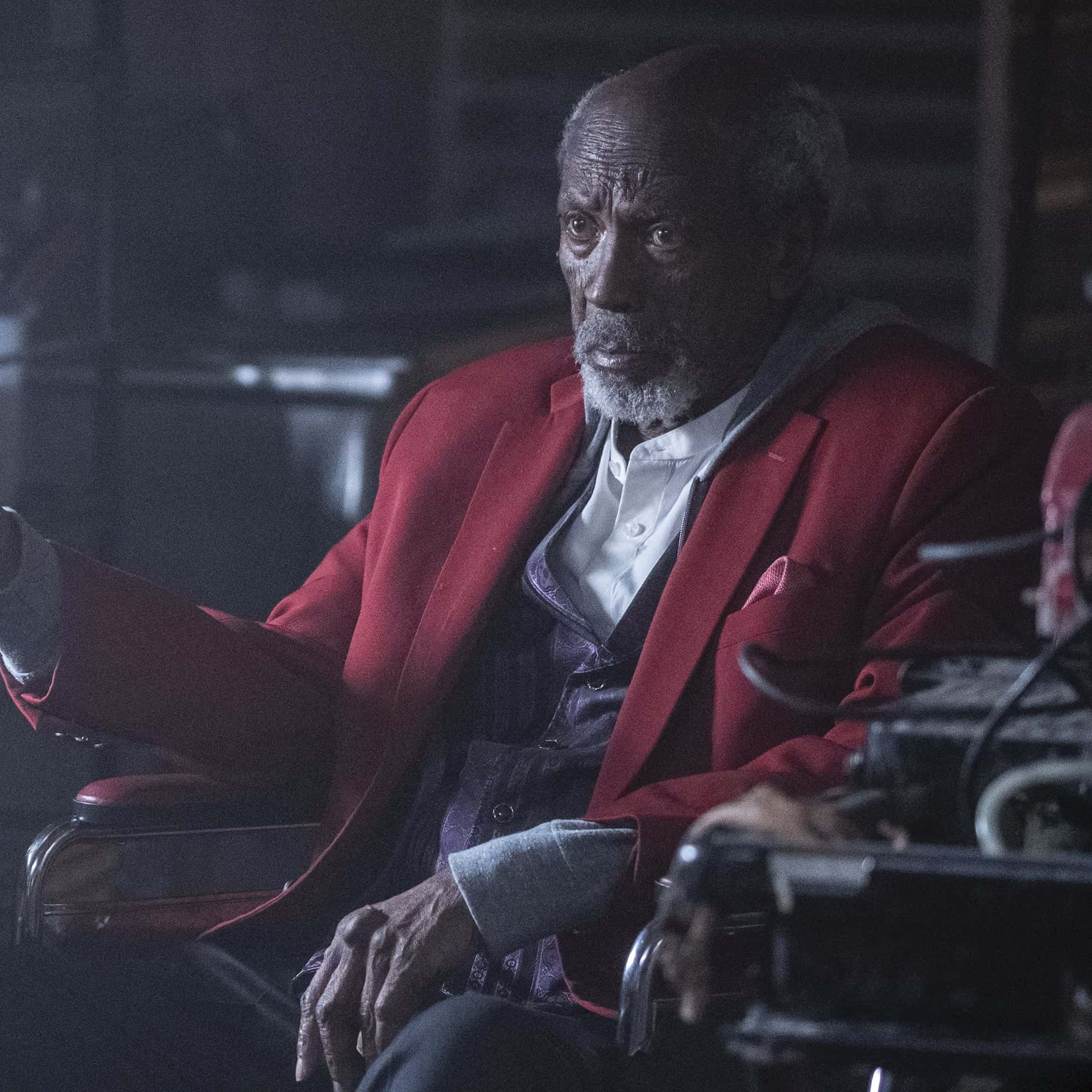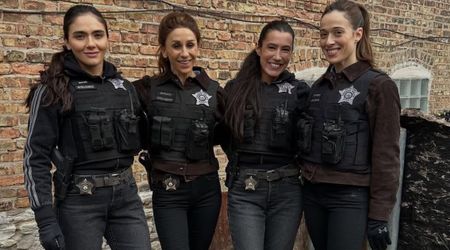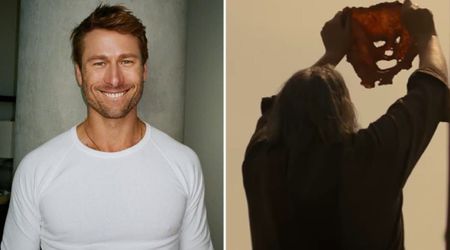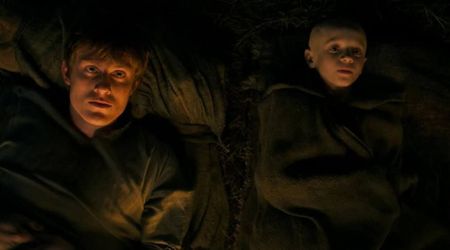'Watchmen' Episode 6: Hooded Justice's dark origin story is bloody and rooted in hatred

"People who wear masks were driven by trauma. They are obsessed with justice because of some injustice they suffered. Ergo the mask that hides the pain," said FBI agent Laurie Blake (Jean Smart) in one of the trailers of 'Watchmen'. This is exactly what happened with Hooded Justice. The man behind the mask did not just intend to keep himself safe from attacks. Will Reeves (Louis Gossett Jr), who we now know to be Hooded Justice took to the hood at a time when he was disillusioned with the system as a cop in NYPD. His charges were ignored if it were to involve a white man, crime against black people were swept under the carpet, and members from his own force who were black bullied and tortured him to accept his place in a society where white men ruled.
Reeves, who is already suffering from post-traumatic stress disorder after escaping the 1921 Tulsa massacre with a little girl is burdened further by his current circumstances. In a moment of bitterness, he draws the hood over his head and decides to stop a mugging from taking place. This is not the mark of a beginning for Hooded Justice alone, but the Minutemen as well. Captain Metropolis, who brought the Minutemen together was inspired by Hooded Justice as we learned later.
Now going back to the scene of Hooded Justice's first instance as a masked crusader, he was not aware of how this hood of his would help him become a part of the larger populace of his country. Once he adorned the hood and the noose, his skin color did not matter and this realization sinks in overtime. Reeves, who is now married to June, the baby girl he had saved from the 1921 massacre, decides to paint his face white (a great reference to subverting blackface), not to give up on his legacy but to make sure that this doesn't hinder his ability to fight crime. For instance, if Hooded Justice were to charge a white man with arson, he would be taken seriously. This and the fact that he would be free to investigate the "Cyclops" without any restrictions keeps him going.
The first thing a senior black official of NYPD told Reeves was "Beware of Cyclops". Initially, Reeves doesn't understand what this means but over time he observes a pattern. Some of the white cops, including the ones that attacked him and also tried to string him to death, are a part of a cult called Cyclops. They seem to be an offshoot of the Ku Klux Klan going by the white robes that they were seen in and upon investigating them, he finds out that the Cyclops has found a way to influence black people to fight among themselves. It involves using theaters where audiences are brainwashed or scientifically speaking, subliminally programmed.
When Hooded Justice had begun his investigation into Cyclops is the same time that Captain Metropolis approached Reeves. He seeks Reeves' help in connecting him with Hooded Justice, not aware that he is in fact, Hooded Justice. Captain Metropolis convinces Reeves that it is in Hooded Justice's best interest to join Minutemen to fight crime. He promises to assist in investigating Cyclops among other things, but truly though, the only thing that interests Captain Metropolis is to use Hooded Justice to bring some form of credibility to Minutemen. Captain Metropolis also becomes the only member of the Minutemen to know the identity of Hooded Justice. The two are also involved in a sexual relationship, proving many speculations. Hooded Justice is used by another white man, who betrays him at an opportune moment when he could have taken out members of the Cyclops.

You see, Reeves learns that members of the Cyclops are using mass mesmerism to bring about unrest within the black community in an attempt to erase their existence from the US. He places a call to Captain Metropolis, who ditches Reeves stating this is not "Minutemen's cup of tea". The betrayal clearly affects Reeves so much so, he is left to investigate Cyclops by himself because racial unrest is not something that the Minutemen can help him solve.
This betrayal doesn't necessarily stop the Hooded Justice from working further with Minutemen. It does definitely serve as a warning to Angela Abar (Regina King), his granddaughter who is reliving his past through a drug called Nostalgia.
Reeves' inspiration to fight crimes came from Bass Reeves, upon who the film 'Trust in Law' was based. Reeves had watched this movie over and over again in his childhood and this shaped Reeves' ambitions to an extent when he grew up. One of the things that were most noticeable about the film was the climax when Bass Reeves tells a mob of white people who were betrayed by their sheriff that mob justice is not right. "There will be no mob justice today," he had said in the end. Yet, Reeves' planned end for Chief Judd Crawford (Don Johnson) goes against the grain of this idea. He influences Crawford by using strobe lights and ironically, mesmerism to get Crawford to hang himself. For now, all that Crawford is guilty of is hiding a Ku Klux Klan robe in his wardrobe. Crawford confesses that he has a right to keep the robe because it is a part of his legacy, but is he a part of the clan and its present off-shoot Seventh Kavalry is something that remains a mystery.
The 105-year-old Reeves' fate is sealed with Lady Trieu's plan to save humanity, the details of which will be revealed in the upcoming episode which will air on Sunday on HBO at 9 pm ET.










